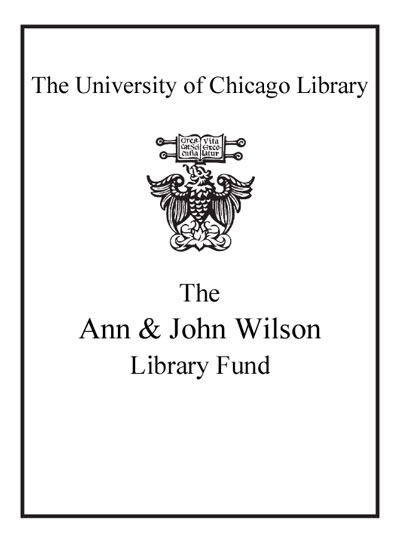| Summary: | The Popular Economy in Urban Latin America: Informality, Materiality and Gender in Commerce' advances comparative knowledge and theoretical reflections on urban popular economies in Latin America by going beyond the lenses of so-called informal and street economies. It develops a cultural-economic perspective on the popular urban economy and provides new insights in key concepts such as informality, materiality, and gender. Based on ethnographic work and archival research, the authors of this volume address cases in Brazil, Bolivia, Cuba, Ecuador, Mexico and Peru. 0The guiding questions of these case studies are: which actors, and with what agencies, are forming and transforming street markets and other place-based economies, and with what effects? What are the emerging lines of tension in these particular economies? Urban economies in Latin America are becoming increasingly diverse and internally stratified. Itinerant traders work side-by-side with permanent street and market vendors, shopkeepers, and wholesalers who conduct business trips to neighboring countries and China several times a year. International trade and investment as well as technological change foster new forms of interaction between traders, companies and customers, but also create new imbalances in economic communities. Remaining sensitive to history, gender, and urban politics, this volume offers an ethnographically informed cultural and socio-material perspective on how popular economies and commerce thrive, transform, and persist in Latin American cities today.
|
|---|

